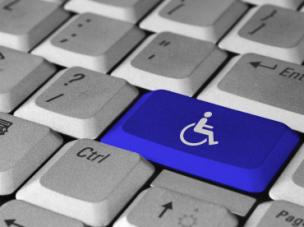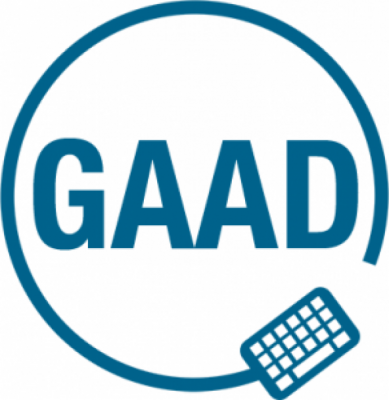Welcome to the New LFLegal Website
Houston Transit Agency Digital Access Settlement Agreement
This is the settlement agreement between Metropolitan Transit Authority of Harris County and blind transit riders about the accessibility of the agency’s website and mobile application. The authority is the regional transit operator in Houston Texas. This agreement was negotiated in Structured Negotiation; no lawsuit was filed or needed. The blind riders were represented by Christopher McGreal of Disability Rights Texas with the assistance of the Law Office of Lainey Feingold. The agency agreed to bring its digital properties into compliance with the Web Content Accessibility Guidelines 2.0, Level AA. In doing so Houston METRO, as the Authority is known, assumes a national leadership position on providing all riders with digital access.
Read more… Houston Transit Agency Digital Access Settlement Agreement








